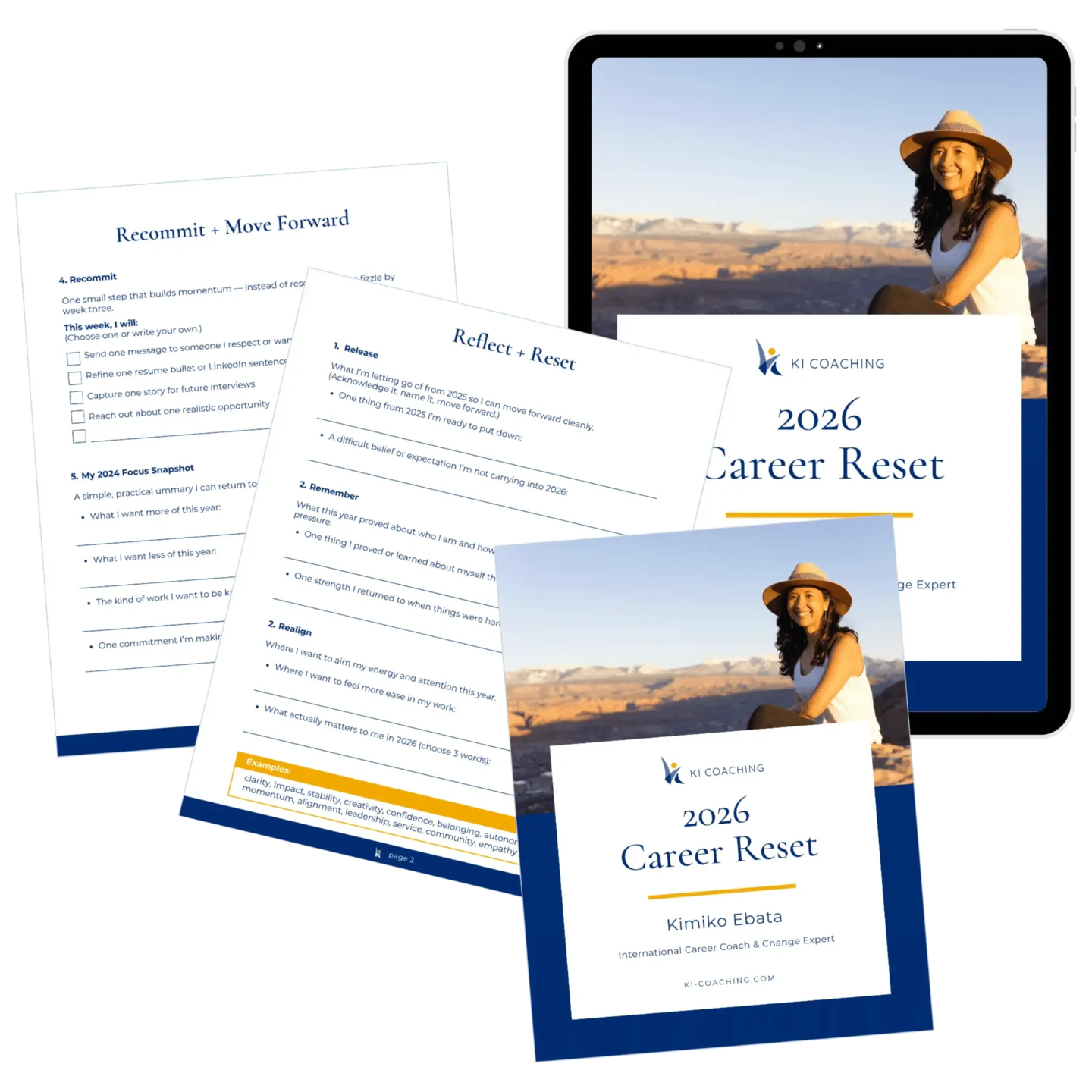How to Use Sunday Scaries to Live Out Your Best Weekday Life
Oct 06, 2021
I can recall a specific time in my career when things were really tough—I mean really difficult. Trudging to the bus in the early morning felt like a feat that required some divine intervention; some days, I felt like I wanted to be thrown under it, as opposed to being on it. For me, the Sunday Scaries seemed mismarked on my calendar because they always started on Saturday. This late-weekend malaise was a dreadful experience when time felt like it was dissolving, and every bone in my body was rejecting the thought of returning to the office in 24 hours.
1) Recognize when the overwhelm is too overwhelming.
-
When was the last time that you learned something new on the job?
-
Who have you helped at work?
-
How did you make difference in your workplace?
-
Where do your current interests lie?
-
Who do you want to help?
-
What is your primary professional driver at the moment: money, impact, or creative expression?
If you feel detached from your work, be sure to consider all of your options before pulling any drastic moves. If there are aspects of your job or workplace that you appreciate, decide what you want to change and commit to exploring that possibility first. If you are a dissatisfied professional who doesn't take time out to process and lets your pesky monkey brain take over, you won't be able to effectively sort out important feelings or have a clear baseline to operate from when considering your next steps.
To boost your confidence and provide additional clarity, it can be helpful to reflect on a time in your personal or professional life when you felt at your best. What were you doing? Who were you with? How did you feel? What difference did you make? What skills were you using? It is when you are able to match these skills and interests with what the world needs that magic happens.
Subscribe for free professional tips and career advice
We hate SPAM. We will never sell your information, for any reason.


